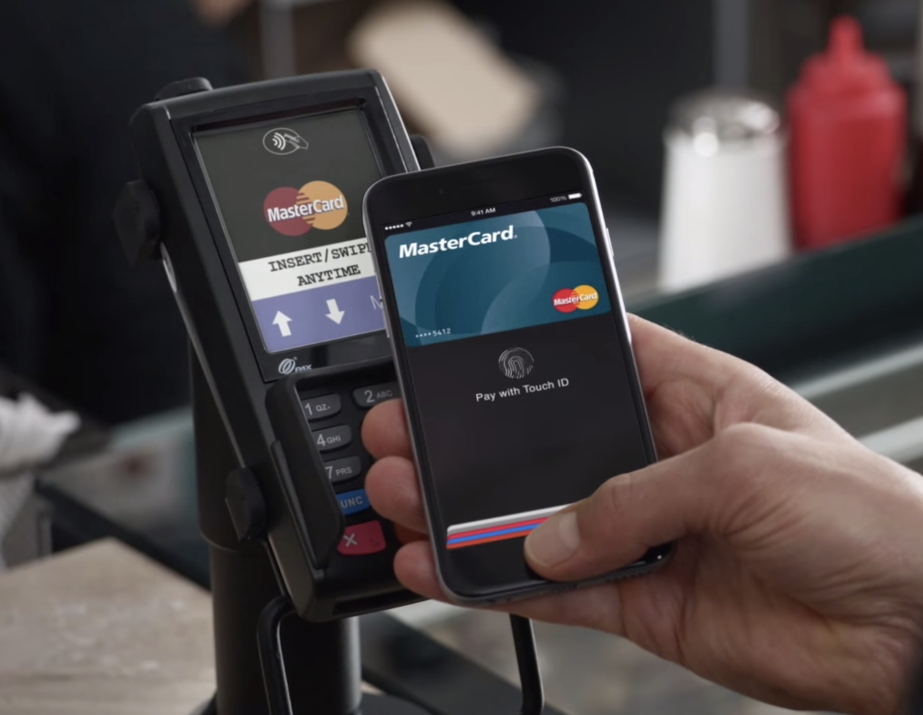
The Canadian government is expected to announce new legislation that would make it legal for merchants — the physical stores and restaurants at which you spend your hard-earned money — to disallow mobile payment acceptance.
Recently, the two biggest credit card networks in Canada, Visa and MasterCard, voluntarily lowered the fees they charge those merchants after thousands of businesses lobbied the government to force such a change. Credit card companies earn money through a cycle of small fees that involve the banks, the merchant services companies and the merchants themselves; the results of such a cut, which would amount to an average of 1.5% per transaction, are significantly lower than the 2.5-2.7% merchants generally pay per transaction today.
Small-to-medium businesses have argued for years that high interchange fees are cost-prohibitive, and lead to higher costs for consumers. But many merchants are bracing for a new era of touchless payments, many of which will take place on a mobile device. Since systems like Apple Pay add another layer of complexity to the interchange cycle, merchants are anticipating mobile payments will further raise costs. The proposed legislation, which The Wall Street Journal says is to be tabled this week, will allow stores and restaurants to disable or prevent its payment terminals from accepting mobile payments, should Visa or MasterCard levy additional fees associated with their use.
Visa and MasterCard don’t currently differentiate between payments made with a physical credit card and a mobile device, and may in fact charge merchants less since the chip-and-pin protocol (EMV) is actually more secure than the typical swipe payment method. But with the impending proliferation of mobile payments, beginning with bank-and-carrier partnerships like Rogers’ suretap and, soon, Apple Pay, merchants want the ability to prevent higher costs.
In the short-term, new fees are unlikely to be implemented at the merchant level, and consumers are unlikely to be affected until mobile payments become mainstream. But if and when Apple Pay arrives in Canada, it is expected to be widely and quickly adopted, as the touchless payment infrastructure is already mature thanks to the early adoption of EMV technologies.
Update: An earlier version of the article suggested that new legislation would allow merchants to pass along to customers higher fees associated with mobile payments. Visa and MasterCard have no current plans to charge more for mobile payments.
[source]The Wall Street Journal[/source]


